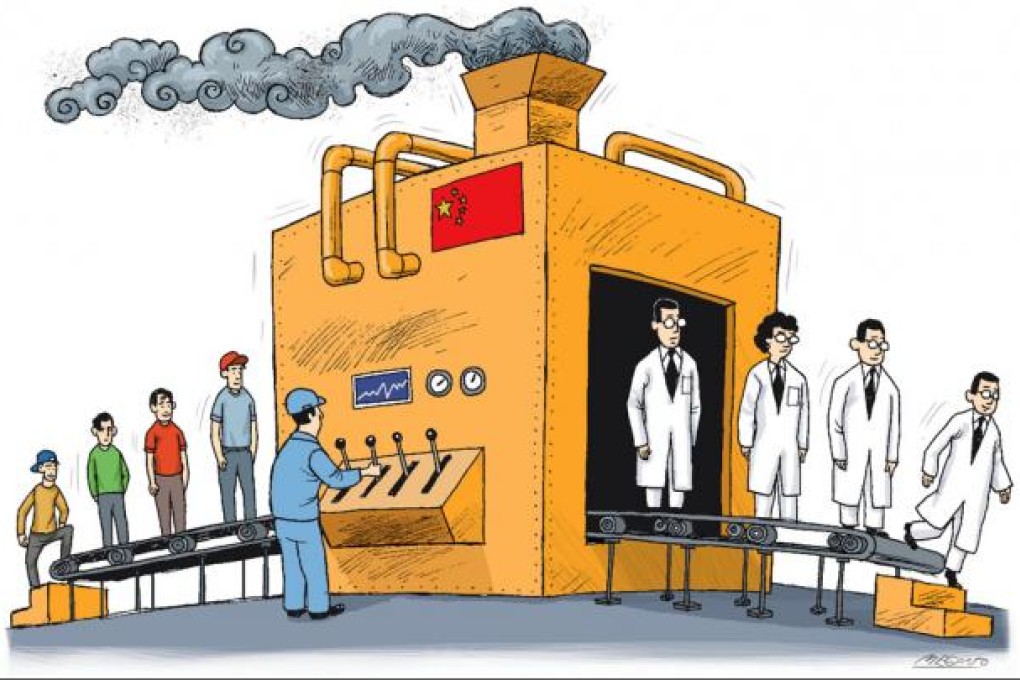China's quest for talent
Xu Liyan and Qiu Jing say Beijing is charging ahead with an ambitious plan to nurture talent to meet recruitment shortfalls and help transform its economy

The world's most populous nation finds itself in the paradoxical position of a talent shortage. According to the PricewaterhouseCoopers 2012 CEO survey, more than 60per cent of chief executives in China found it hard to recruit appropriately skilled talent, while a survey by the Chinese Academy of Social Sciences showed that 17.5per cent of 6.6million college graduates in 2011 were jobless six months after graduation.
To remedy this mismatch, China has launched an ambitious plan not only to step up training workers, but also to open doors to overseas talent.
For the past 20 years, the nation's talent strategy has focused on increasing higher-education enrolment, and research and development investment. Enrolment for those aged 18 to 22 has nearly tripled during the past 10 years. And the nation has built an R&D team of more than 1.6million workers. This has contributed to China's competitiveness in some academic research and technology fields, like aerospace and genetics. However, China has been left behind in the business, innovation, culture and social welfare fields.
China is determined to make its transition from the world's manufacturing hub to a global leader in innovation. Talented people are needed in every industry sector, along with entrepreneurs, civil servants, social workers and even cultural leaders. China aims to increase its talent pool from 114million to 180million people by 2020.
To achieve this, the government is striving for a more open system, encouraging co-operation among industries, universities, official agencies and cross- border institutions.
For example, the Ministry of Education has taken steps to reform the higher- education system to meet industry needs. Last year, 140 domestic universities began to offer new programmes devoted to emerging industries, including the internet and alternative energies. Universities also enhanced offerings for professional master's degrees, which emphasise business practice over academic research.
Skilled labour is also indispensable to the industry sector. Plans are under way for 1,200 education facilities - or "talent incubators" - for training technicians to be built in major cities by 2020. In addition, Beijing is to build 1,000 in-house training workshops in companies by 2020, where senior skilled workers can teach newcomers and improve techniques together. China will have 140 million skilled factory workers with official certificates by 2020, according to its development plan, 28per cent of whom will be at technician or senior technician levels.